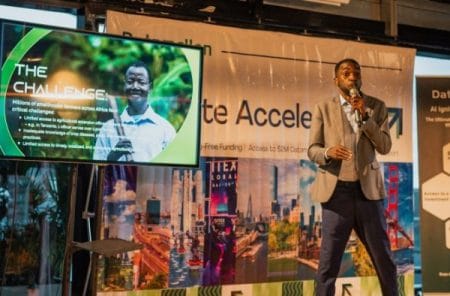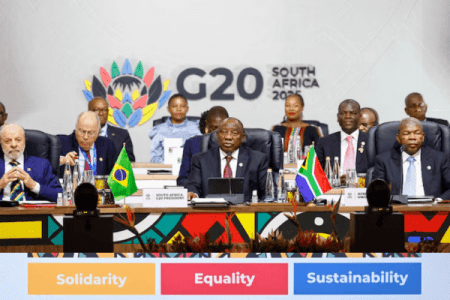Orange has announced a major deepening of its collaboration with OpenAI, bringing African language support and sovereign AI infrastructure into sharper focus. As one of the first global companies to gain early access to OpenAI’s new gpt-oss-120b and gpt-oss-20b open-weight models, Orange will integrate these tools across its operations in Africa and the Middle East.
The deployment is part of a broader strategy to boost local language access, enhance network automation, and develop customized enterprise AI services, all while ensuring data privacy and minimizing environmental impact.
A Push for African Language Representation
Orange said the collaboration with OpenAI is especially focused on reducing language inequality in AI systems. Despite Africa being home to over 2,000 languages, most large language models (LLMs) support only a handful. With this partnership, Orange aims to make it easier for users across 18 African and Middle Eastern markets to interact with digital services—such as customer support and chatbots—in their native languages.
“In the future, Orange will release the customized AI models in open source for free, to local government authorities to use across public services,” the company stated.
Driving Sovereign and Responsible AI
The partnership supports Orange’s Responsible AI framework, which prioritizes high performance with low environmental and data costs. The new gpt-oss models will be hosted in Orange’s own data centers, ensuring compliance with local data regulations while reducing power consumption through energy-optimized AI workloads.
“With this frugal AI approach, we’re balancing innovation with sustainability and sovereignty,” said Steve Jarrett, Orange’s chief AI officer.
Real-World Use Cases in Africa
Orange says the models will be used to create AI tools like voice assistants, chatbots, and data analytics platforms tailored for enterprise and public-sector needs. In Africa, the telco has already deployed Smart Capex—an AI tool for optimizing network investment—in countries such as Côte d’Ivoire, Senegal, Mali, and Jordan.
Brad Lightcap, OpenAI’s COO, said the partnership shows how open models can be applied “to solve real-world problems,” especially in underserved regions where language access and digital infrastructure are still developing.
Looking Ahead
Orange views the Africa and Middle East region as its key revenue growth driver, and the latest AI investments are expected to further enhance operational efficiency and customer engagement.
By embedding AI locally and enabling African language access, the telco positions itself as both a tech innovator and a bridge between global AI development and regional impact.






